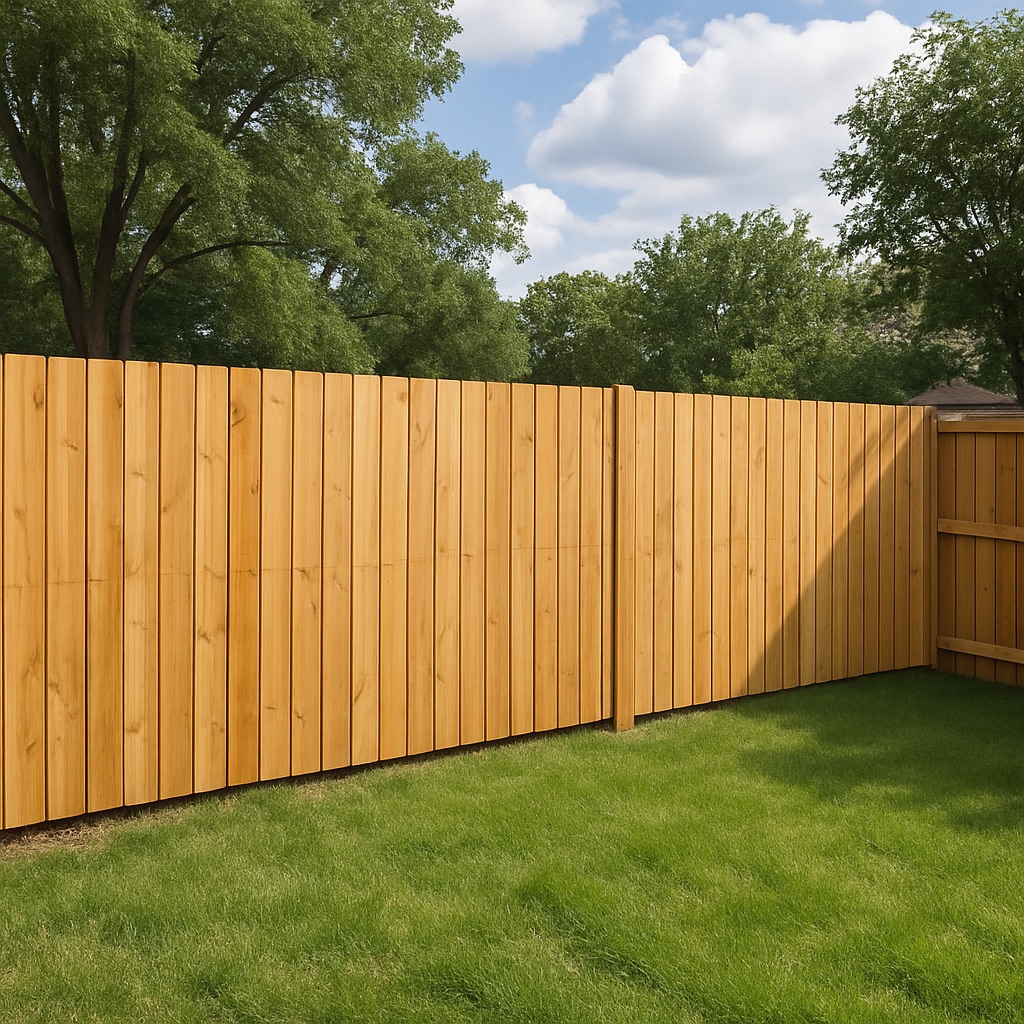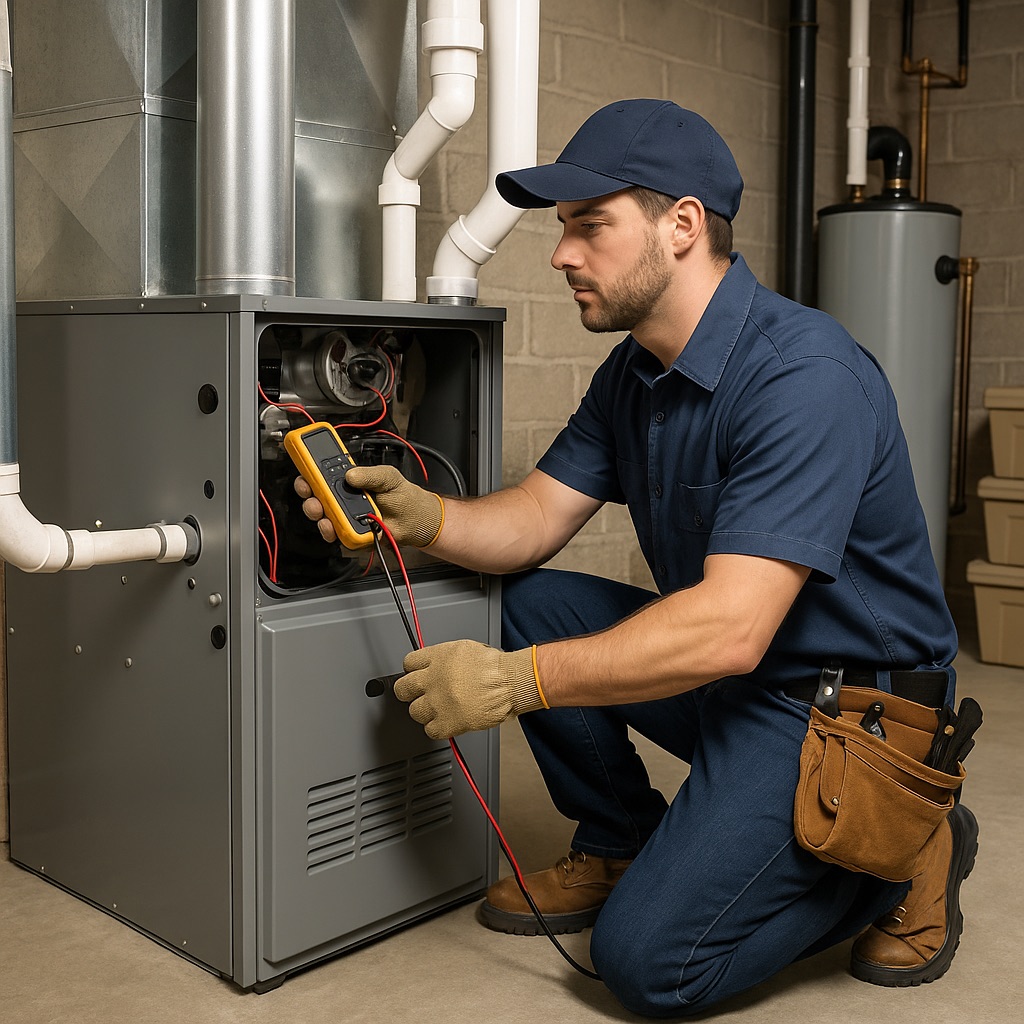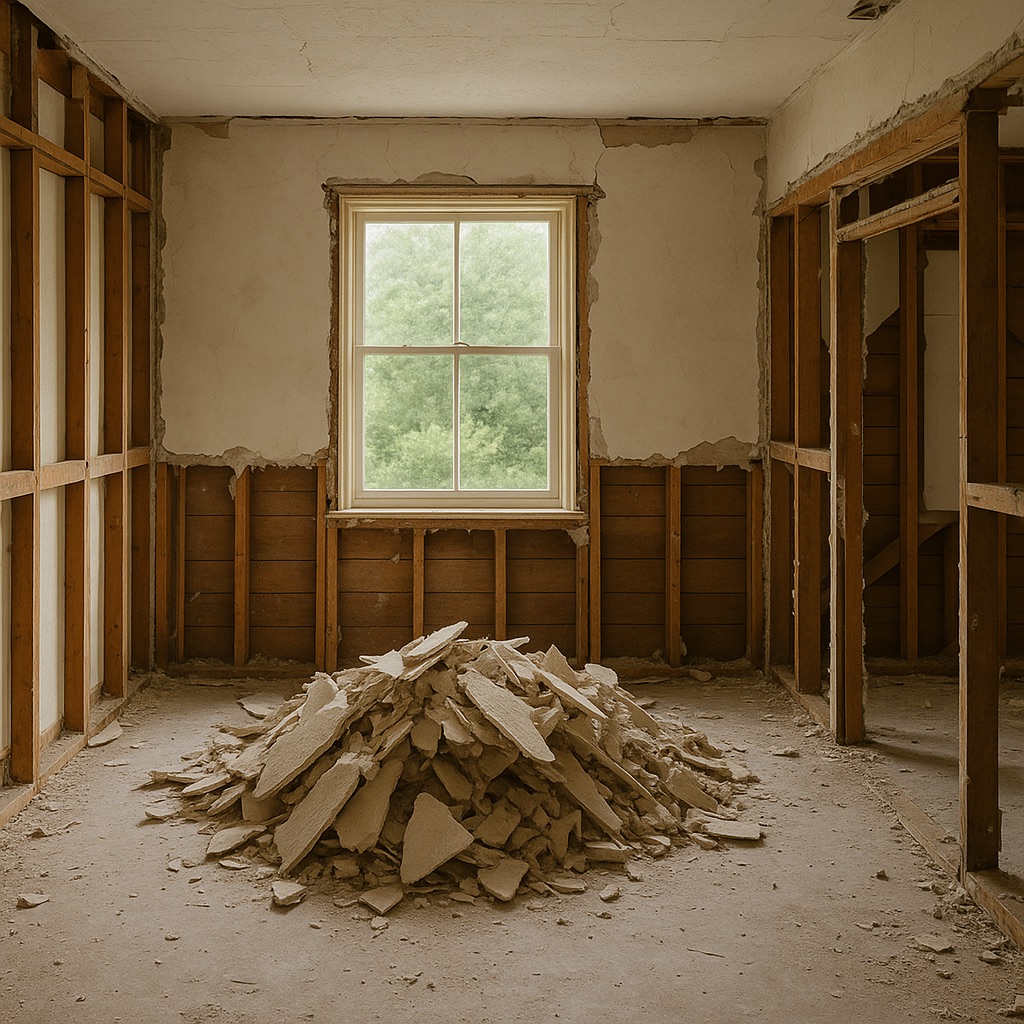Last updated on
These days, concerns for environmental sustainability are increasingly important. This means there is a more pressing need for construction sites to be aware of the wastewater generated by their operations.
To stay compliant with environmental regulations and be a champion of environmental conservation, you can take a few steps to ensure that your construction site is properly disposing of its wastewater. Let’s look at some of them.
Table of Contents
Have a Plan
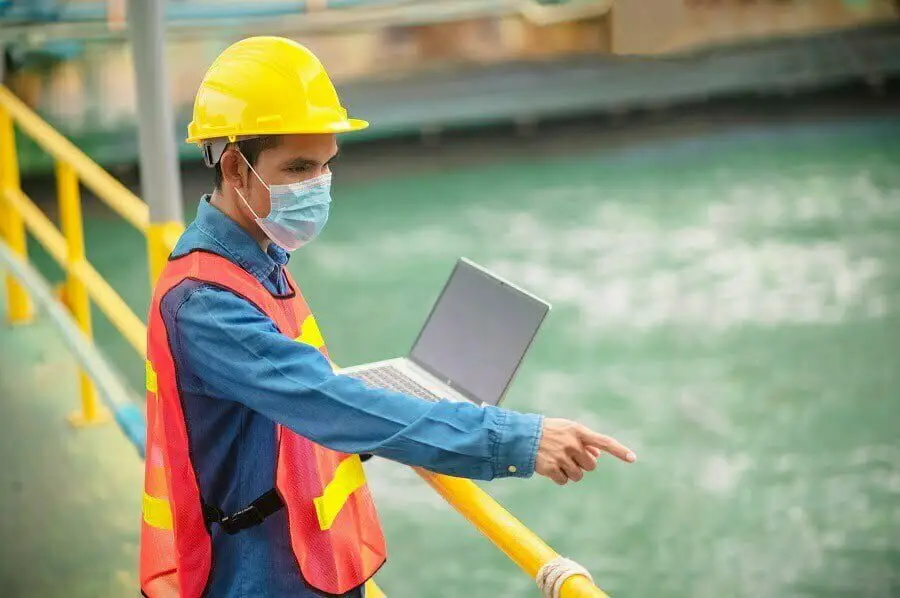
Before starting any project, create a comprehensive plan detailing how you will manage and dispose of wastewater. This should include a calculation of estimated wastewater volume, a description of any hazardous materials present, and an outline of the necessary steps to contain, treat and dispose of it properly.
There needs to be an appropriate treatment plan for the different types of wastewater for the different construction stages. For example, blackwater from toilets and laundry will need to be treated differently from greywater from sinks, showers, or stormwater run-off.
Contain Wastewater on the Site
Sometimes it is possible to contain the wastewater onsite. This can happen by using tanks, ponds, or trenches to capture and store the wastewater until it can be removed from the site. If this option is pursued, these containment sites must be checked regularly for any signs of leakage or overflow and comply with government regulations.
You may also need to install a sump pump to prevent water accumulation due to precipitation or groundwater. Besides preventing overflow, it will also help keep the wastewater from infiltrating into the soil and nearby water sources.
Use Slurry Pumps and Dredge Equipment
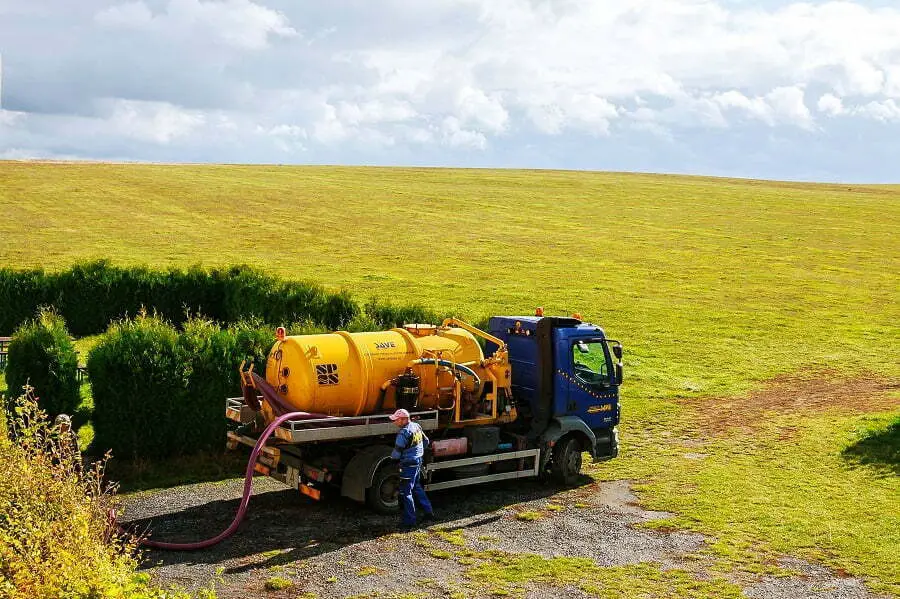
Construction can create a lot of wastewater. The best way to get rid of it quickly and efficiently is to use an industrial-grade dewatering pump. Dewatering pumps allow any standing water on the construction site to be pumped away faster than traditional methods, eliminating excess water within hours.
They are also relatively easy to transport and set up when needed, making them ideal for sites with constantly changing terrain and soil conditions. At Dae Pumps, you can learn more about dewatering pumps and how to select the right one for your needs.
Not only do these robust pumps handle large quantities well, but their maintenance is also relatively simple, making them an ideal choice for these areas. So instead of spending unnecessary time trying to figure out how to get rid of wastewater on construction sites, consider investing in a dewatering pump and making the process easier and more effective.
Seek Professional Help
You can hire a professional waste management company if it’s impossible to contain the wastewater onsite. This will ensure that all regulations are complied with and that the wastewater is disposed of safely and effectively.
The professionals will be able to advise on how best to get rid of the waste and ensure that it is done correctly. Sometimes, this will involve the installation of a temporary holding tank to contain the wastewater until it can be removed from the site.
Utilize Treatment Systems
Depending on the project and location, you may need to install a wastewater treatment system. These systems are designed to remove water contaminants before being released into the environment. These systems can be expensive, but they are necessary if the wastewater contains hazardous materials or is likely to contaminate nearby water sources.
The treatment system should also comply with all relevant environmental regulations and standards. Target the systems that are best suited for different types of wastewater. For example, a reverse osmosis system may be necessary for blackwater, while a sedimentation basin may suffice for greywater run-off.
Be Aware of Local Regulations
It is vital to stay aware and compliant with all relevant environmental regulations and standards when disposing of wastewater. Each country, state, and county may have different laws governing wastewater disposal.
Do your research to ensure you follow all requirements for adequately storing, disposing, and treating any wastewater generated on your construction sites.
Also, contact the local environmental protection agency or water boards for guidance and advice on the best practices for disposing of wastewater. This will not only help you avoid any costly fines, but it will also ensure that the wastewater is managed in an environmentally friendly manner.
Recycle What You Can
If your wastewater contains materials that can be recycled, then you should take advantage of this opportunity. This could include scrap metal or concrete, which can be reused and reduce your construction costs in the long run. Recycling materials at a construction site can reduce your environmental impact and help preserve natural resources.
Avoid excessive usage in the first place. Monitor your water needs well and take measures to reduce the amount of water used or reused. Many need to remember to turn off the taps, which can add to the wastewater generated.
By following these tips, you can ensure that your construction sites comply with all local environmental regulations regarding wastewater disposal. This will help protect the environment and safety of workers and comply with relevant laws, all while avoiding costly fines in the process.


